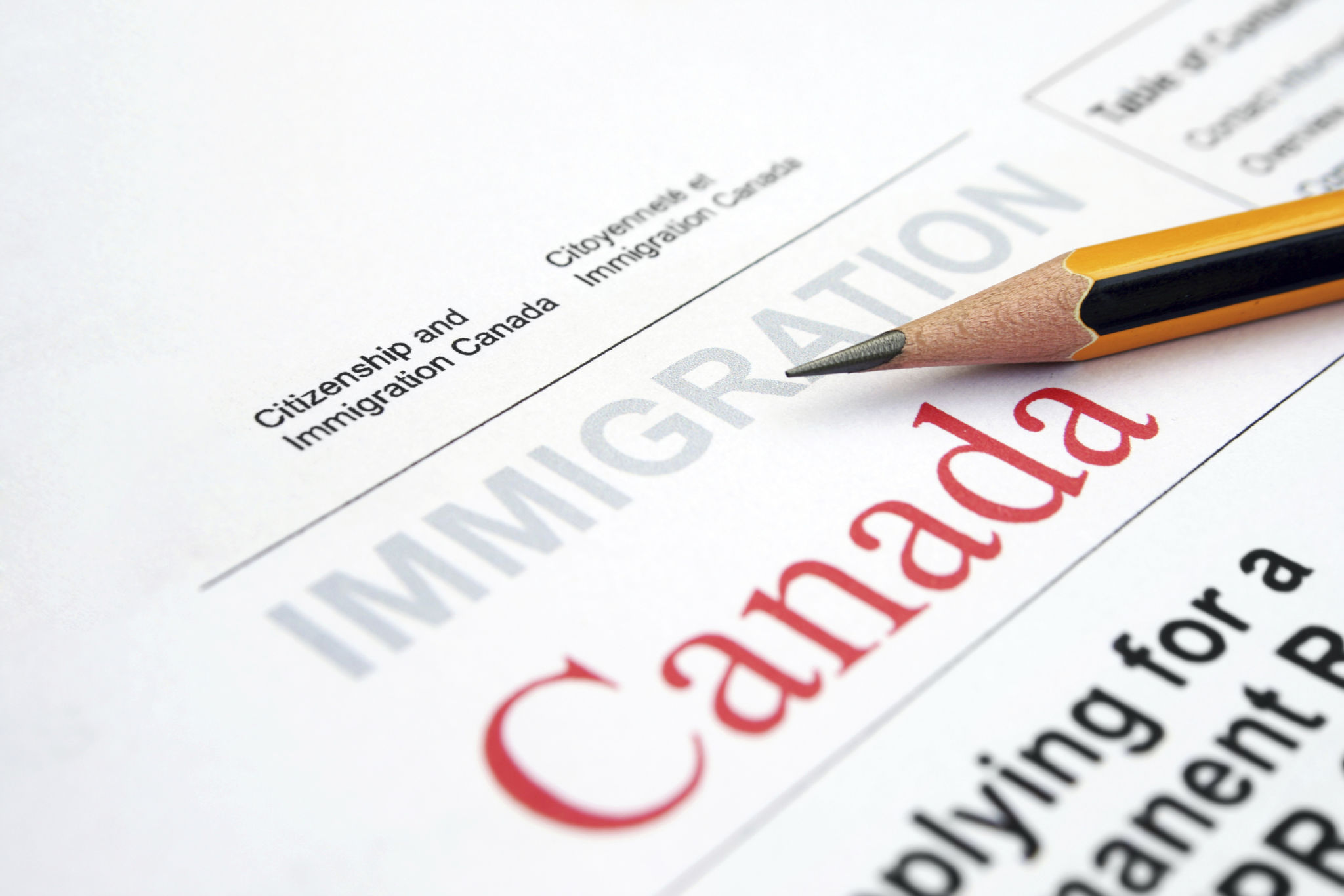Expert Advice on Navigating US Business Regulations for Foreign Entrepreneurs
Understanding the US Business Landscape
Entering the US market is a lucrative opportunity for many foreign entrepreneurs, but it comes with its own set of challenges. One of the primary hurdles is understanding and navigating the complex web of US business regulations. These laws can vary significantly from those in other countries, and compliance is crucial to avoid potential legal issues.
The US regulatory environment is known for its rigor and detail. However, with careful planning and the right guidance, foreign entrepreneurs can smoothly transition into this market. Below, we share expert advice on how to effectively manage US business regulations.

Choosing the Right Business Structure
One of the first steps in setting up a business in the US is choosing the right business structure. The most common types include:
- Sole Proprietorship – Simple to set up but offers no personal liability protection.
- Partnership – Involves two or more individuals sharing profits, losses, and liabilities.
- Corporation – Offers liability protection but involves more extensive record-keeping and regulations.
- Limited Liability Company (LLC) – Combines the benefits of both a corporation and a partnership.
The choice of structure affects everything from taxes to personal liability, so it's essential to consider your long-term goals and consult with a legal expert.
Navigating Tax Obligations
US tax laws are among the most comprehensive globally. Understanding your tax obligations is critical for compliance and success. Foreign entrepreneurs need to be aware of federal, state, and local taxes, each with its own set of rules.
Some key considerations include:
- Understanding income tax requirements at both federal and state levels.
- Learning about sales tax obligations, which vary by state and locality.
- Considering potential double taxation issues and how to mitigate them using tax treaties.

Immigration and Visa Considerations
Another crucial aspect for foreign entrepreneurs is navigating immigration and visa requirements. The type of visa you need will depend on your business activities and the duration of your stay in the US. Common options include:
- E-2 Treaty Investor Visa – For individuals investing a substantial amount in a US business.
- L-1 Intracompany Transfer Visa – For employees transferring from a foreign office to a US branch.
- EB-5 Immigrant Investor Program – Offers permanent residency to individuals investing in job-creating projects.
Consulting with an immigration lawyer can help ensure you choose the correct visa type and comply with all requirements.

Complying with Employment Laws
If your business involves hiring employees in the US, understanding employment laws is essential. These laws cover a wide range of areas including wages, workplace safety, and anti-discrimination policies. Key areas to focus on include:
- Fair Labor Standards Act (FLSA) – Governs minimum wage, overtime pay, and child labor.
- Occupational Safety and Health Administration (OSHA) – Ensures safe working conditions.
- Equal Employment Opportunity Commission (EEOC) – Enforces federal laws against employment discrimination.
Failure to comply with these regulations can result in severe penalties, so it's crucial to stay informed and possibly seek expert advice.
Securing Intellectual Property
Your business's intellectual property (IP) is a valuable asset that needs protection. In the US, this can be done through copyrights, trademarks, patents, and trade secrets. Each form of protection has its requirements and benefits:
Trademarks protect brand names and logos used on goods and services. Patents protect inventions and allow you exclusive rights to their use. Copyrights protect original works of authorship such as books, music, and software.

Registering IP with the United States Patent and Trademark Office (USPTO) or the US Copyright Office is essential for legal protection and enforcement. It’s advisable to consult with an IP attorney to navigate this process effectively.
The Importance of Local Partnerships
Navigating US business regulations can be daunting, but building local partnerships can offer significant advantages. Local partners can provide insights into market trends, consumer behavior, and regulatory changes. They can also facilitate smoother operations by handling specific local compliance issues.
Forming alliances with local businesses or hiring local experts can be a strategic move that enhances your understanding of the market and ensures adherence to all necessary regulations.
Conclusion: The Path Forward
Successfully entering the US market requires careful planning and understanding of complex regulatory environments. By choosing the right business structure, staying informed about tax obligations, securing necessary visas, complying with employment laws, protecting intellectual property, and forming strategic partnerships, foreign entrepreneurs can navigate these challenges effectively.
While the process may seem overwhelming at first, seeking expert advice and leveraging local resources can pave the way for a successful business venture in the United States. With determination and the right guidance, foreign entrepreneurs can turn potential obstacles into stepping stones for success.
